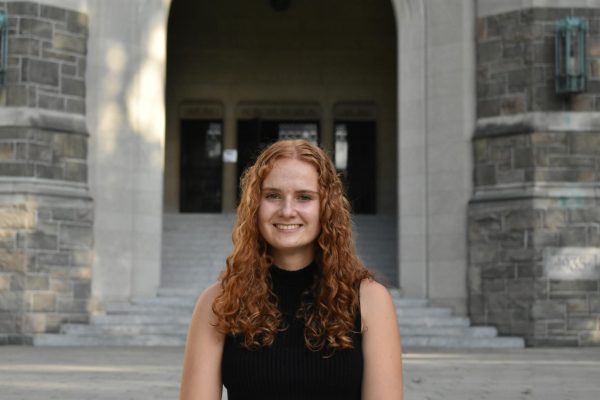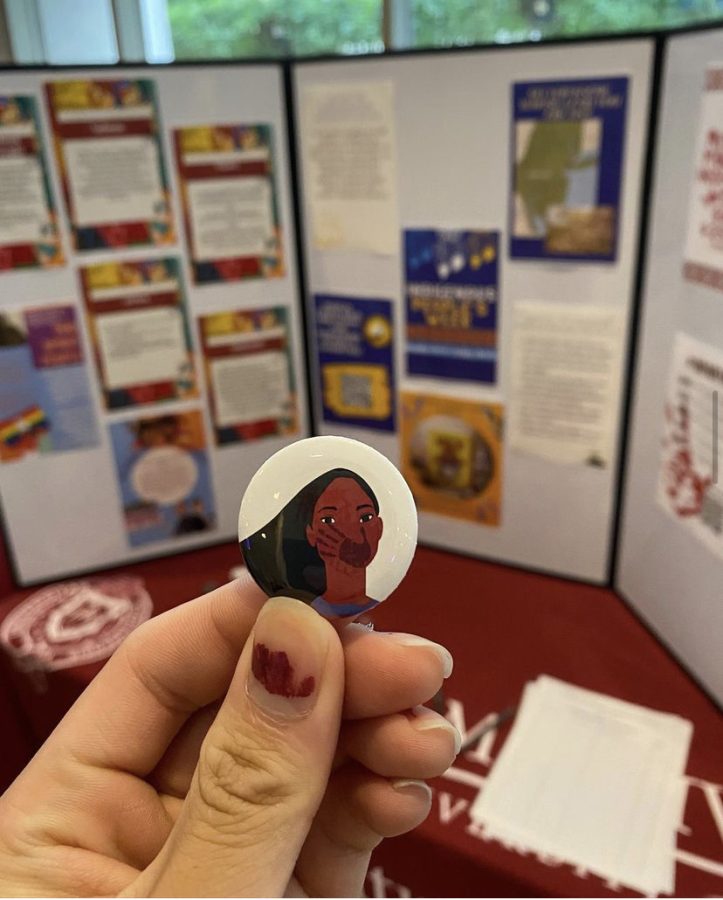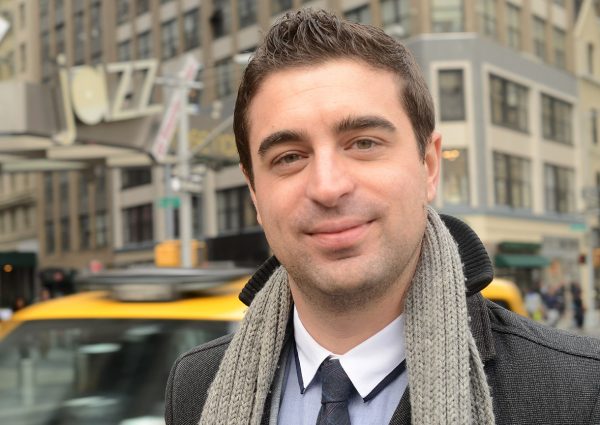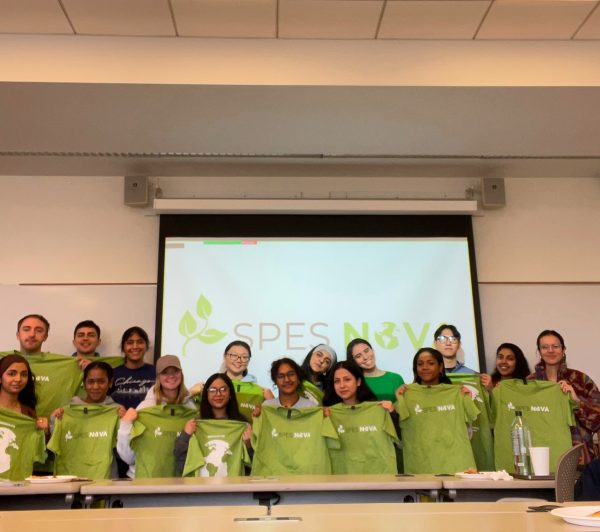University to Host 5th Annual Native American Festival
On Nov. 20, Fordham’s Office of Multicultural Affairs (OMA) will be hosting their fifth annual Native American Festival in the McGinley Ballroom.
The event will feature speakers such as Bobby Gonzalez, a thunderbird dance group and other performances.
This year marks the first time that the festival is fully in-person since March 2020.
“Pre-COVID, the event was mostly open to the Bronx community and that was a big component of the festival,” explained Juan Carlos Matos, the assistant vice president for student affairs for diversity and inclusion.
“Last year we had a virtual hybrid format. The performances were virtual, and we had spaces on campus for folks to attend but most participants viewed it virtually,” said Matos.
The Native American Festival is an event meant to honor Native American and Indigenous People’s Month that takes place every November. During this month-long celebration, OMA has planned several events all surrounding Native American and Indigenous People’s cultures.
At Rose Hill earlier this month, there was a Joy Harjo Poetry event, as well as a Paint Night Destresser event. Coming up on Nov. 30, there will be a Hawaiian Independence Day Celebration event as well.
For the Native American Festival event specifically, this year marks changes in programming.
“[This year we are] making sure we had a female-identified performer; there have been female-identified people as a part of the event before, but not as a featured performer,” said Matos.
“That wasn’t intentional, we just looked over time and we said, ‘Okay, we haven’t centered a female performer in quite a while,’ and we wanted to make that change,” said Matos.
Celebrating Native American and Indigenous culture in this way is very important. According to Matos, since the university does not have a student-led Native American culture club, it is all the more important for the Office of Multicultural Affairs to create programming to celebrate native and indigenous cultures.
“If we’re centering BIPOC students (Black, Indigenous and other people of color) the Indigenous piece of that acronym tends to get left out,” said Matos. “The whole idea of it moving from people of color (POC) to Black, Indigenous and other people of color was to center Blackness and center Indigenous people, but I don’t feel like enough of us as a whole are really centering Indigenous voices.”
Additionally, it is important for all students to feel represented in Fordham’s programs, said Marie Castro, the graduate school intern at OMA. She said that many students have already been able to connect with the programs on a deep level this semester.
According to Castro, after the “Become a Plant Parent” and “Critiquing Pocahontas” events that occurred last week at Lincoln Center, one student was moved by a statement made by speaker Bobby Gonzales, a local Bronx activist and writer. Gonzales stated that 90% of Latin American people are part Indigenous.
“That statement [to the student] was really impactful in a lot of ways. Prior to that, she identified as white, but after she started looking into her Indigenous roots and looking into her family ancestry, she started to learn her native language,” said Castro.
“That was a beautiful thing to hear, about how just one statement from our program [was able to impact someone like that],” he said.
Attending the Native American Festival and OMA’s other programming this month is a good way to support Native American and Indigenous culture, Matos told the Ram.
“That’s part of what being an ally is to me, this idea that it’s important to center voices that are pushed to the margins. In many ways, whether physically or figuratively indigenous folks are pushed to the margins,” Matos told the Ram.

Isabel Danzis is a senior from Bethesda, Md. She is double majoring in journalism and digital technologies and emerging media. The Ram has been a very...











































































































































































































